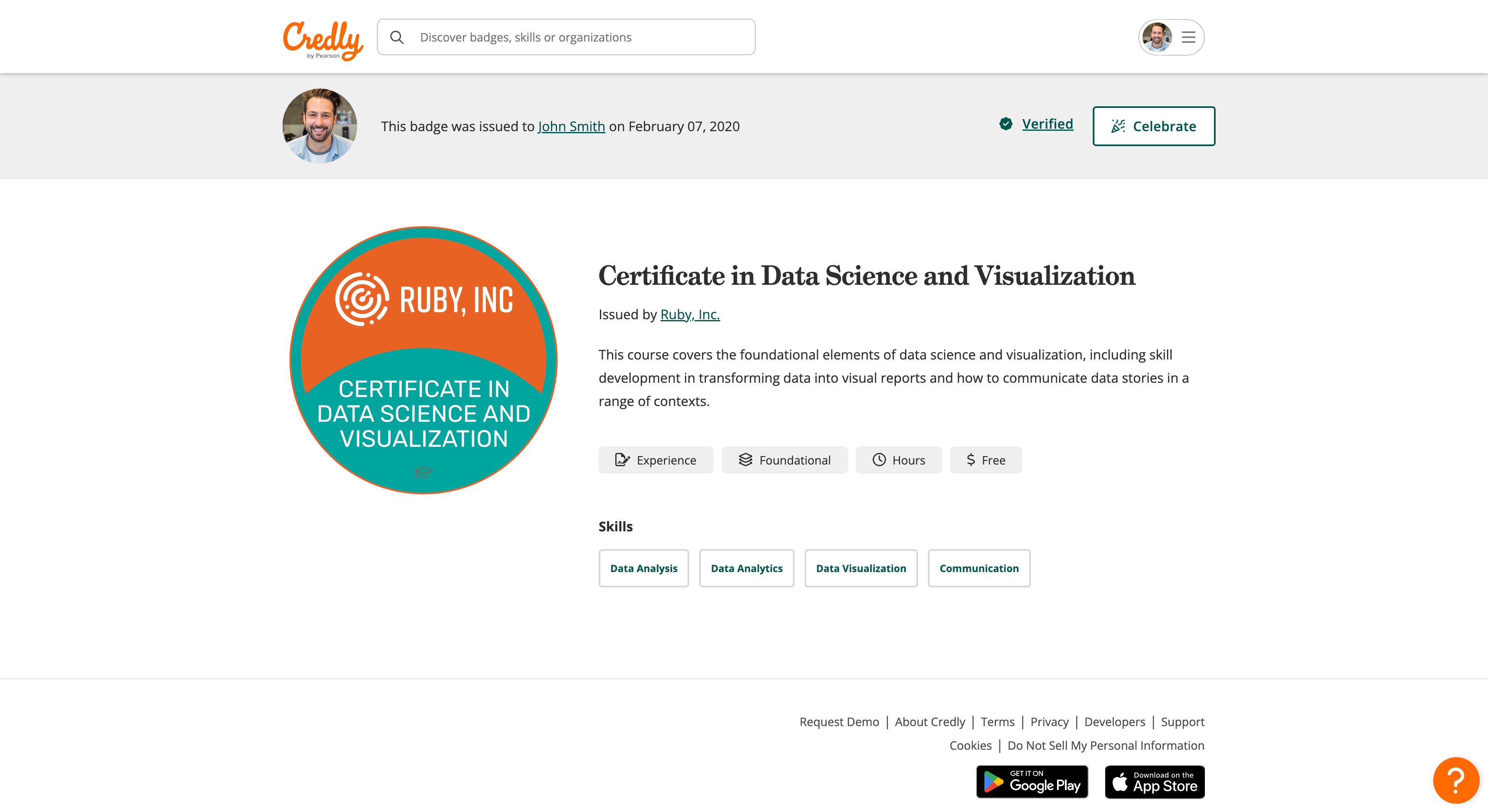In today's fast-paced, globalized economy, credentials play a critical role in an individual’s professional development. In a recent survey by Coursera, 88% of employers confirm professional certificates strengthen job applications. Given the long-term impact credentials can have on individuals, educational institutions and certification providers are responsible for ensuring the authenticity and credibility of the credentials they issue.
However, with the rise of digital technology and the prevalence of online education and certification programs, the risk of fraudulent credentials has grown considerably. In this article, we'll explore why credential issuers, such as higher education providers, professional associations and certification providers, must take fraudulent credentials seriously and the consequences falsified credentials can have on their reputation and credibility.
What are Fraudulent Credentials?
Certification and qualification fraud refers to the act of dishonestly obtaining, presenting, or using qualifications or certifications that are unearned, altered, or counterfeit. This can include fake degrees, forged transcripts, or fabricated certifications.
Fake certificates and qualifications can be challenging to detect, especially if they are presented professionally, with well-designed logos and convincing language. While the issuing organization might not be aware of those who committed credential fraud, these "indirect" or "deceptive" frauds, if left unchecked, can severely impact a legitimate issuing organization’s growth and profitability.
The Negative Impact of Fraudulent Credentials
One major impact of fraudulent credentials is their effect on the brand reputation and credibility of the credential issuer. If it is discovered that individuals can easily obtain credentials fraudulently, it can cast doubt on the issuing organization’s ability to verify the knowledge, skills, and abilities of those who hold their credentials. This can lead to skepticism about the value of all credentials from that organization, legitimate or otherwise, and erode the trust employers and stakeholders place in their credentials. Eventually, it can lead to decreased enrollment or certification rates, decreased funding, and decreased market share.
Moreover, the issuance of fraudulent credentials can also harm the reputation of the profession or industry in which the credentials are used. Individuals who obtain jobs or promotions based on fake credentials may lack the necessary knowledge and skills to perform their job effectively. This can result in reduced quality of work, which can negatively impact a company's or industry's overall performance. In some industries, such as healthcare or construction, fake credentials can even pose safety risks to employees and customers.
Lastly, fraudulent credentials can impose indirect costs that may accumulate over time. Credential issuers who become aware of fraudulent credentials in the market may need to allocate additional resources to identify and remove the fake credentials manually. They may also need to implement new credential verification and monitoring processes to prevent such incidents from happening in the future.
Digital Credentials as the Line of Defense
Digital credentials offer verified proof of a learner’s competency and skills. They’re a smarter, data-rich alternative to traditional paper-based certificates, providing earners with a shareable portfolio of verifiable achievements that can continue to grow throughout their careers. With the right platform like Credly Acclaim, you can rely on us to help you maintain a secure and trustworthy brand image and eliminate the need for manual authentication by third parties.
Especially when creating, delivering and obtaining fake credentials is easier with advanced technology becoming more accessible. Take a look at the example badge here:

At a glance, it could be a legitimate credential. Taking a closer look, some might spot the logo resolution is poor, and there are some spelling mistakes in the name of the credential. It is easy to miss these signs if you rely on manual verification. How can you ensure that no fake credentials are being used and help third parties verify your badges more efficiently?
Credly Acclaim digital credentials are more than decorative images and PDFs, they all follow the Open Badges standard. The Open Badges standard is a framework that defines a common set of specifications and protocols for issuing and verifying digital badges across various platforms. It provides a standardized way to represent and store badge data, including information about the issuer, recipient, criteria, and evidence. Below is another example of a digital badge, but this one follows the Open Badges standard:

This digital credential has 5 key features that allow third parties to securely and efficiently verify the legitimacy of a digital credential:
- Full Name of the Recipient: Including the full name of the recipient ensures clear identification and association of the credential with the individual.
- Date of issue of the credential: The issue date and (if needed) the expiration date provide essential information about the valid Issuing Organization
- Real-time verify button: Badges can be verified on the Credly Acclaim platform using our ‘Verify’ button or through a real-time blockchain validation for third parties outside our platform.
- A reputable and verified issuing organization: Employers can easily click through to the issuing organization’s profile and confirm their details.
- Metadata: Metadata provides detailed information about the digital credential, such as issuer details, criteria for earning the credential, and any relevant supporting information such as skills developed, which helps establish its legitimacy.
Investing in a digital credentialing platform, like Credly Acclaim, also offers robust security and verification features, such as a tamper-proof storage system using blockchain technology. This ensures the authenticity of each credential, protecting issuers from fraudulent credentials and safeguarding their industry reputations. By implementing these measures, credential issuers can establish themselves as trusted authorities in their respective industries.
Lastly, we offer real-time analytics for monitoring and tracking issued credentials. Issuers can easily keep track of each credential's status, such as when it was issued, who received it, and when it will expire. Combined with automatic email notifications sent to badge earners when their digital credentials are about to expire, this ensures they stay informed about their credentials' validity and prevents accidental use of expired certifications.
Proactive Measures: Safeguarding Credentials and Enhancing Value
It is essential for credential issuers to be vigilant and proactive in preventing fraudulent credentials. Credential issuers must not take a "wait and see" approach, as it can result in costly consequences that damage their reputation. Instead, they should invest in a secure credentialing platform to establish themselves as a trusted authority in their respective industries.
Download our whitepaper to find out how digital credentials by Credly Acclaim can help you prevent fraudulent activities and protect your brand in the long run.
